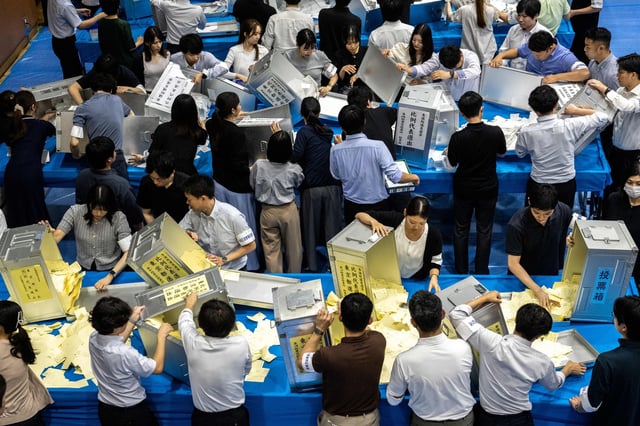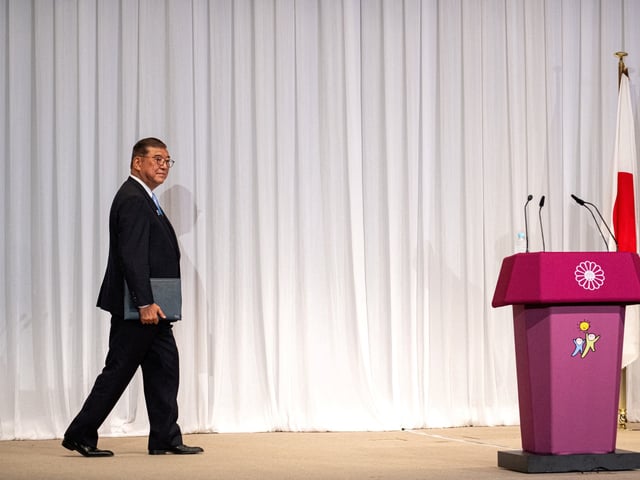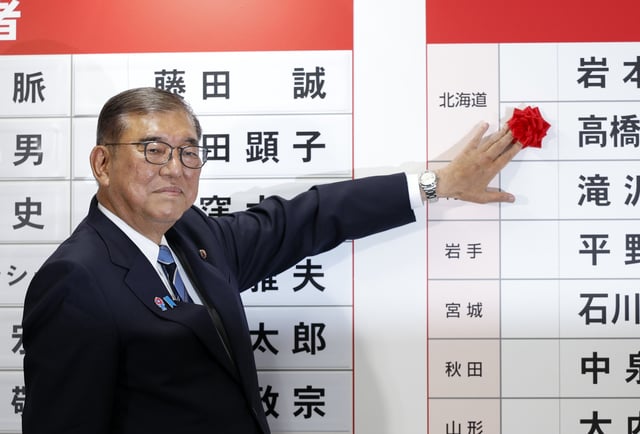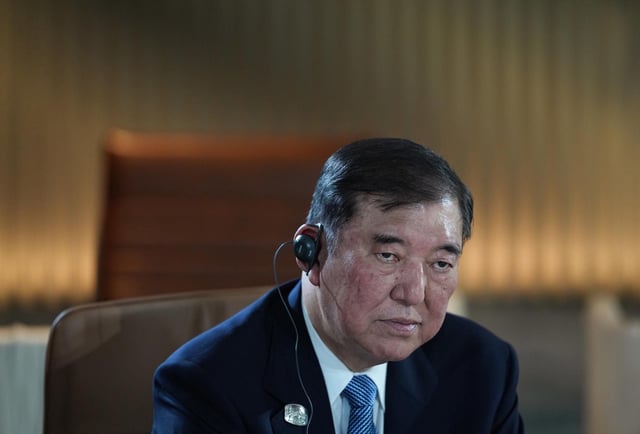Overview
- The Liberal Democratic Party and its Komeito partner won only 47 of the 125 contested seats, leaving the coalition three seats shy of the 50 needed to control the 248-member Upper House and confirming its minority status in both chambers of the Diet.
- Prime Minister Shigeru Ishiba vowed to remain in office despite calls for his resignation and is seeking ad hoc support from opposition parties to advance his legislative agenda.
- The right-wing nationalist party Sanseito surged to capture 14 Upper House seats, becoming the third-largest force in the chamber and highlighting a populist shift in voter sentiment.
- Persistent inflation and stagnant wages fueled voter frustration, driving gains for opposition groups advocating consumption tax cuts and expanded social spending.
- With its weakened mandate, the coalition faces heightened political instability that could complicate Ishiba’s domestic agenda and jeopardize efforts to avert 25% U.S. tariffs on autos and agricultural products due August 1.



